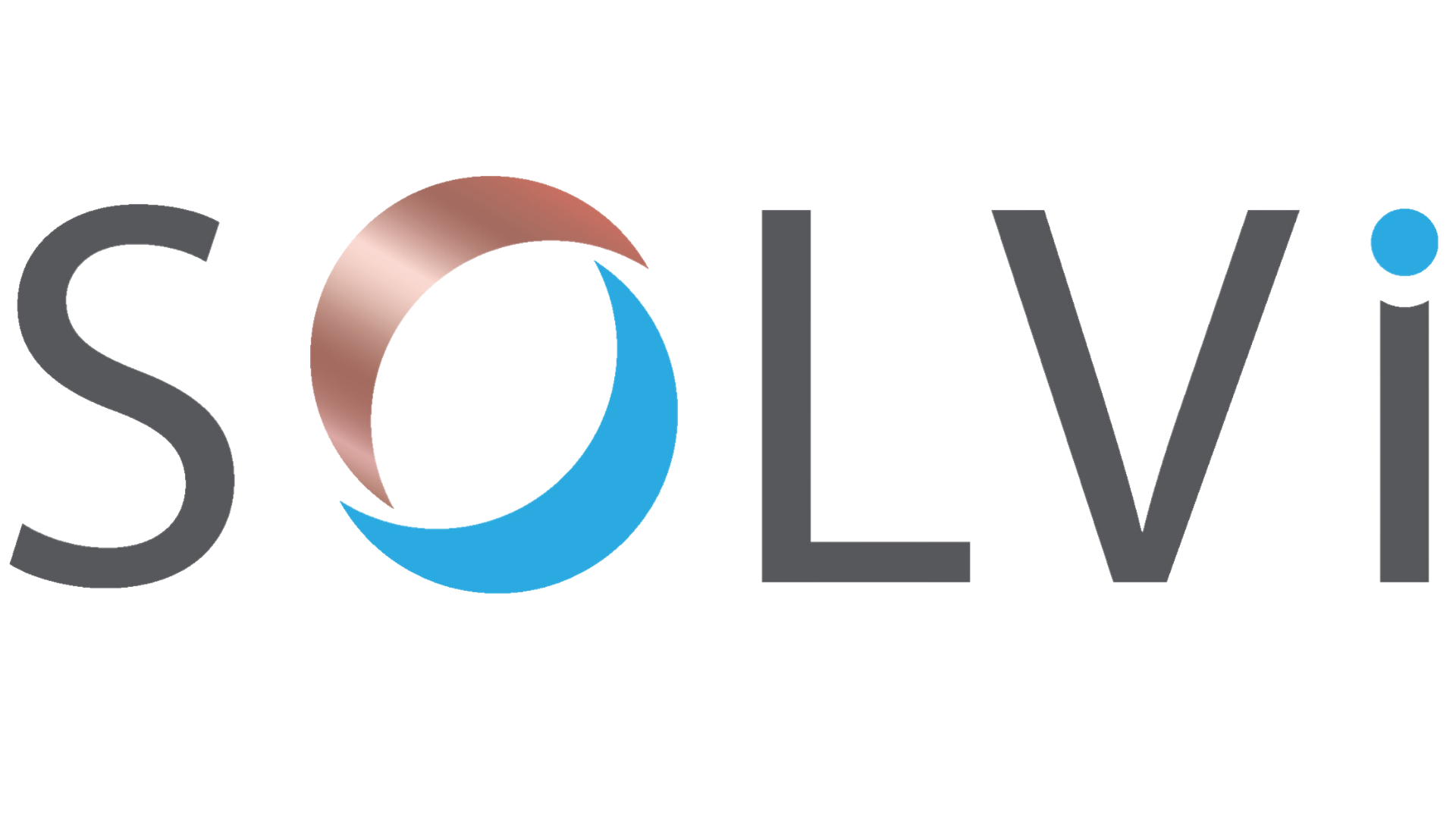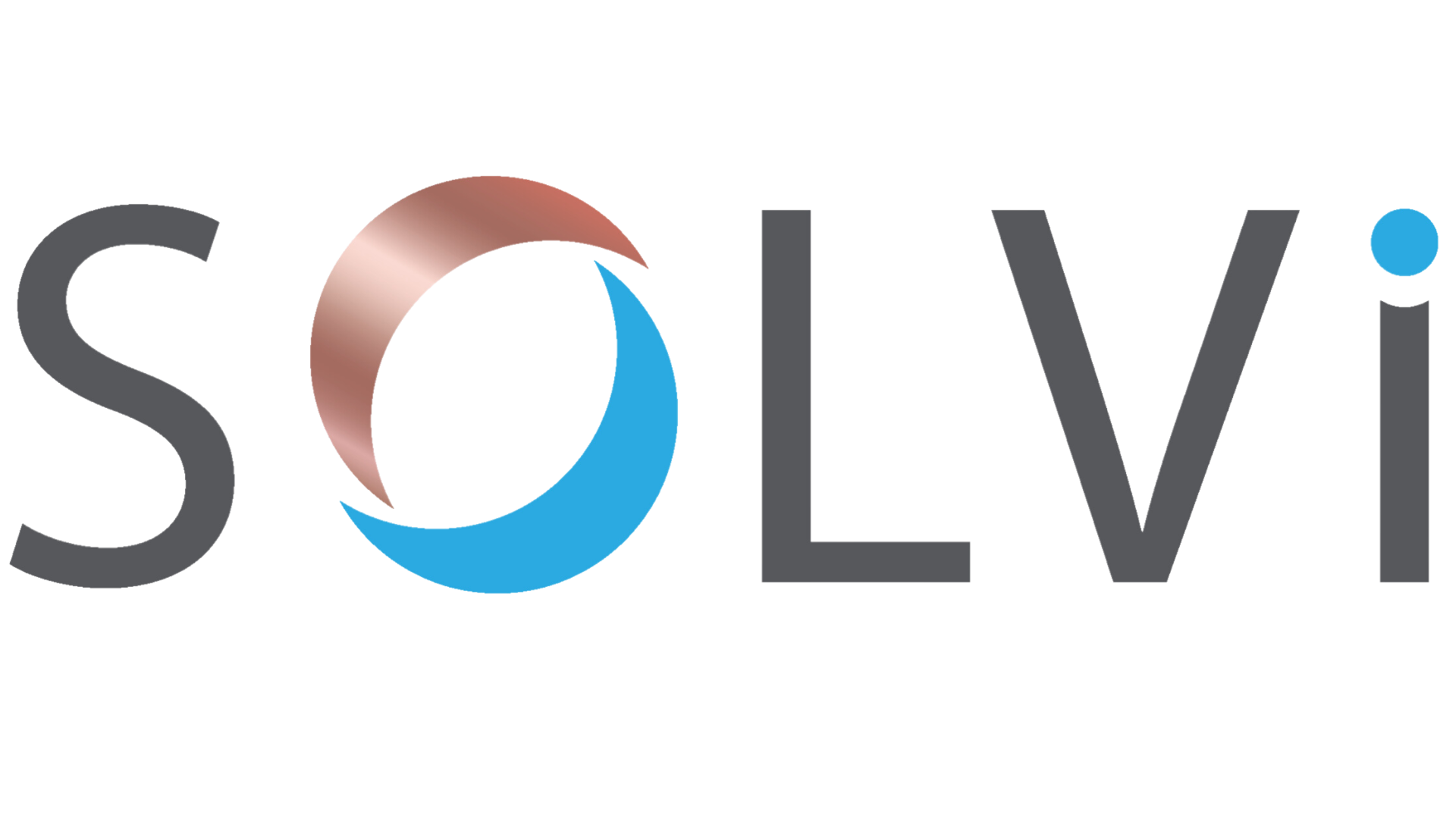Australia is a great place to live and work. Our passion is to help Registered Nurses living overseas to work and experience the great Aussie lifestyle. However, navigating the complexities of migrating to Australia can be daunting.
SOLVi Migration has been assisting nurses to gain registration and successfully migrate independently. Our dedicated team of legal experts specialises in guiding overseas registered nurses through the intricate visa and registration processes, ensuring a smooth transition to working in Australia.
We are committed to providing personalised support every step of the way, from initial eligibility assessments and visa applications to professional registration and employment advice. Trust us to help you achieve your dream of a rewarding nursing career in Australia.

VISA’S WE CAN HELP WITH

Employer Sponsored

Skilled Independent
MAKING AUSTRALIAN MIGRATION EASY

📝 2025 English Test Requirements for Nurses Migrating to Australia
If you’re a nurse planning to migrate to Australia in 2025, your English test score is
non-negotiable. Recent updates mean the bar has shifted — and misunderstanding these changes could cost you your visa.
Whether you’re aiming for employer-sponsorship or a points-based skilled visa, you must meet specific English test requirements to even be eligible. Many nurses also mistakenly believe they’re exempt — but in most cases, that's not true.
Let’s break down the current rules, expose the common myths, and help you understand which test scores you need for your pathway — including for your partner or adult children.
🧪 You Are Not Exempt: The Truth About English Testing for Nurses
Let’s bust some big myths straight away:
❌ Studying or working in an English-speaking country does not exempt you from meeting English language requirements for migration.
❌ You still need to sit an English unless you hold a passport from the UK, USA, Canada, Ireland, or New Zealand.
✅ Even if you’re a UK-registered nurse or trained in English, you still need to prove your English unless exempt by passport.
🧑⚖️ English requirements are set by immigration law not by AHPRA. Holding AHPRA registration is not enough to meet visa eligibility.
🟦 The Four English Language Levels That Matter for Visas
Australia’s immigration system now uses four key English levels:
Competent English – the legal minimum requirement for eligibility on most skilled and employer-sponsored visas.
Proficient English – required to earn 10 migration points (essential for nurses in skilled nomination schemes).
Superior English – gives 20 points and may improve nomination chances.
Functional English – required for partners and adult dependants to avoid a hefty fee.
✅ Competent English – Required for Visa Eligibility
This is not optional. You must meet Competent English to be eligible for the following visas:
⚠️ Nurses who do not meet Competent English cannot apply for these visas — even if they have a job offer.
However, Competent English gives you 0 points for skilled migration. That means state nomination is highly unlikely, even if you are technically eligible.
2025 Competent English Test Scores:
IELTS
6.0 in each band
PTE Academic
L: 47, R: 48, W: 51, S: 54
OET
L: 290, R: 310, W: 290, S: 330
CELPIP General
7 in each component
LanguageCert
L: 57, R: 60, W: 64, S: 70
MET
L: 56, R: 55, W: 57, S: 48
C1 Advanced
L: 163, R: 163, W: 170, S: 179
🟨 Proficient English – The Real Minimum for Skilled Migration Success
Proficient English earns you 10 points toward your skilled migration score. Without itk many nurses are not competitive for state nomination.
This is especially important if you’re applying for a:
Even though Competent English is the legal minimum, it’s Proficient English that realistically opens the door to skilled migration success.
2025 Proficient English Test Scores:
IELTS
7.0 in each band
PTE Academic
L: 58, R: 59, W: 69, S: 76
OET
L: 350, R: 360, W: 380, S: 360
CELPIP General
L: 9, R: 8, W: 10, S: 8
LanguageCert
L: 67, R: 71, W: 78, S: 82
MET
L: 61, R: 63, W: 74, S: 59
C1 Advanced
L: 175, R: 179, W: 193, S: 194
🟧 Superior English – Boost Your Score by 20 Points
Superior English is the highest recognised level and gives you 20 points toward your skilled visa. This can make a major difference if you’re close to the cutoff or want to be prioritised for nomination.
2025 Superior English Test Scores:
IELTS
8.0 in each band
PTE Academic
L: 69, R: 70, W: 85, S: 88
OET
L: 390, R: 400, W: 420, S: 400
CELPIP General
10 in each component
LanguageCert
L: 80, R: 83, W: 89, S: 89
MET
L: 76, R: 77, W: 83, S: 78
C1 Advanced
L: 186, R: 190, W: 210, S: 208
🚫 Even Exempt Passports Don’t Earn Points
If you hold a passport from an exempt English-speaking country (United Kingdom, Ireland, USA, Canada, or New Zealand), you don’t need to sit an English test for visa eligibility.
But there’s a catch.
🧠 You get 0 points for English on skilled migration unless you sit and pass an approved test at the required level.
Even nurses from exempt countries should consider taking a test if they want to be competitive for skilled visas.
🔴 Functional English – What Your Partner Needs
If you're including your spouse or adult children, they must show Functional English to avoid paying the second instalment visa charge—a fee of over $4,000 AUD per person.
2025 Functional English Scores:
IELTS (General or Academic)
Overall 4.5
PTE Academic
Overall 24
OET
Overall 1020
TOEFL iBT
Overall 26
CELPIP General
Overall 5
LanguageCert
Overall 38
MET
Overall 38
📌 Tests must be completed in person — home-based versions aren’t accepted.
🧠 Summary: What Nurses Must Know
✅ All nurses must meet Competent English requirements at a minimum to be eligible for skilled and employer-sponsored visas.
🧪 You are not exempt unless you have a UK, US, Canada, NZ or Irish passport.
🔢 You get 0 points if you don’t sit a test — even with an exempt passport.
🚫 Work experience or tertiary education in English doesn’t meet migration rules.
👫 Partners and adult dependants need Functional English to avoid additional visa charges.
🎓 Need Help?
At SOLVi Migration, we’re not just here to help you tick boxes — we’re an Australian immigration law firm that specialises in helping internationally qualified nurses build the right pathway to live and work in Australia long-term.
✅ We help you plan your AHPRA registration and your visa pathway side-by-side
✅ We give legal advice so you avoid costly mistakes
✅ We assess your full situation — including family, work history, and goals.
FAQS
What qualifications do I need as a nurse to migrate to Australia?
Generally, you will need a nursing qualification that is recognised in Australia, such as a bachelor’s degree in nursing or an equivalent qualification. You will also need to meet registration requirements with the Australian Health Practitioner Regulation Agency (AHPRA).
What is the process for registering as a nurse in Australia?
To practice as a nurse in Australia, you must be registered with AHPRA. The process involves submitting an application, providing proof of your qualifications and professional experience, and meeting English language requirements. Our team can assist you with this process - Read More.
Will I need a skills assessment?
Yes, most visa applications for nurses require a skills assessment conducted by the Australian Nursing and Midwifery Accreditation Council (ANMAC). This assessment ensures your qualifications and experience meet Australian standards. We can assist you with preparing and submitting your skills assessment application. Read more ...
What are the English requirements?
Depending on the pathway you gain registration and what visa pathway you take, the English requirements can vary from Competent to Proficient levels of English. Read More ...
What if me or my family has a health condition?
If you or a family member has a health condition, it is important to have the possible impact on your migration assessed by a professional before you submit any visa application. The Department of Home Affairs will require health assessments to ensure the condition does not pose a significant cost or burden to the Australian healthcare system. We can help you understand the implications and prepare the necessary documentation. Read more ...
What if me or my family have a character issue?
Character issues, such as past criminal records, must be disclosed in your visa application. The Department of Home Affairs assesses character issues on a case-by-case basis. We can provide advice on how to address these issues and the potential impact on your application.
Are visa fees refundable?
Visa fees are generally non-refundable, even if your application is refused or withdrawn. It is crucial to ensure your application is complete and meets all requirements to avoid losing your fee. Our team can help you prepare a strong application to minimise the risk of refusal.
What if I've been refused a visa in the past?
If you have been refused a visa in the past, it is essential to understand the reasons for the refusal and address them in any new application. We can review your previous refusal and advise on the best course of action to improve your chances of success.
Can I bring my family with me?
Yes, many visa types allow you to include eligible family members, such as your spouse or partner and dependent children, in your application. We can advise on the requirements and process for including your family in your migration plans.
Can't you find my a sponsor to pay for everything?
While some employers may offer sponsorship, which can cover visa and relocation costs, it is important to understand the conditions tied to employer-sponsored visas. Also worth noting, a sponsor is not legally required to pay your application fees. These conditions can include staying with the employer for a certain period. We can help you explore your options and find the best pathway for your situation. Read more ...
How long will the process take?
The processing time for visa applications can vary depending on the type of visa and individual circumstances. Generally, it can take from a few months to over a year. Our team will provide an estimated timeline based on your specific situation and keep you updated throughout the process.
What are the costs of migrating?
Costs can include visa application fees, skills assessment fees, and potentially relocation expenses. The exact costs will depend on the visa pathway you choose and any additional services you require. We will provide you with a transparent breakdown of costs during your consultation. Read more...
DOWNLOAD OUR FREE GUIDE ON EVERYTHING YOU NEED TO KNOW TO WORK IN AUSTRALIA
Contact Us
All RIGHTS RESERVED LIABILITY LIMITED BY A SCHEME APPROVED UNDER PROFESSIONAL STANDARDS LEGISLATION. LEGAL PRACTITIONERS EMPLOYED BY SOLVI PTY LTD (ABN 16 658 861 182) ARE MEMBERS OF THE SCHEME.
The information published on this webpage should not be taken as legal advice rather it should be considered for information purposes only.
COPYRIGHT © 2024 SOLVI PTY LTD
Contact Us
All RIGHTS RESERVED LIABILITY LIMITED BY A SCHEME APPROVED UNDER PROFESSIONAL STANDARDS LEGISLATION. LEGAL PRACTITIONERS EMPLOYED BY SOLVI PTY LTD (ABN 16 658 861 182) ARE MEMBERS OF THE SCHEME.
The information published on this webpage should not be taken as legal advice rather it should be considered for information purposes only.
COPYRIGHT © 2024 SOLVI PTY LTD








